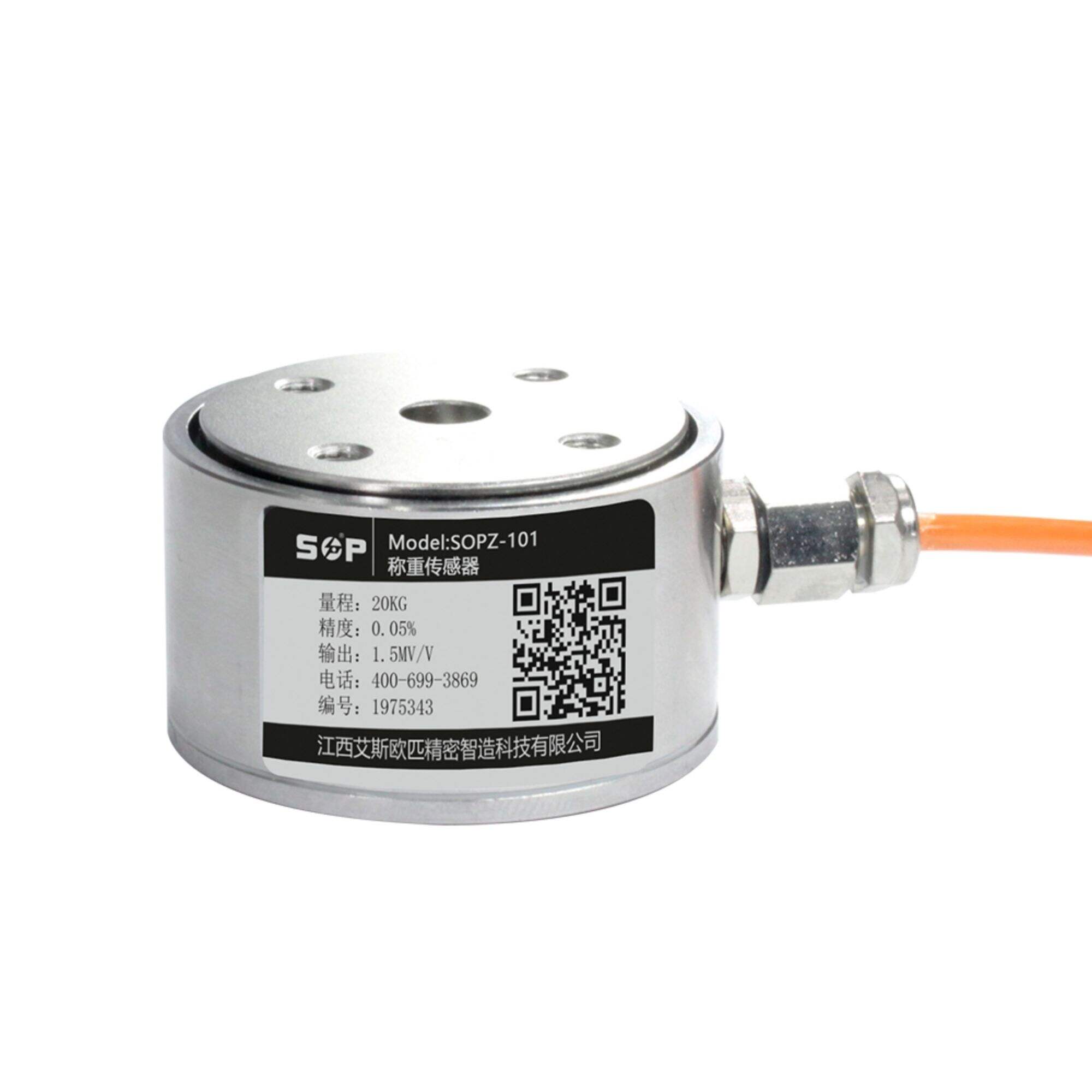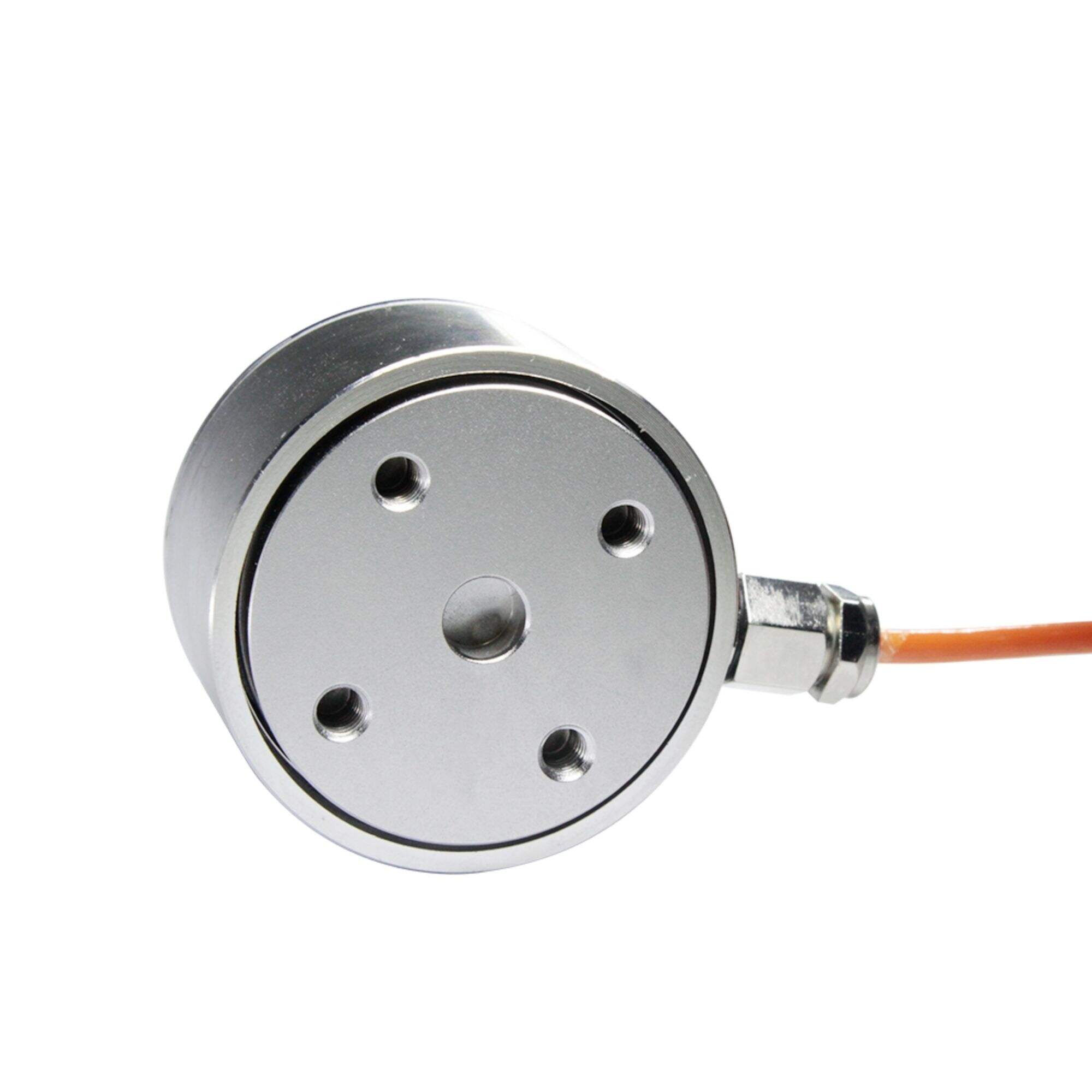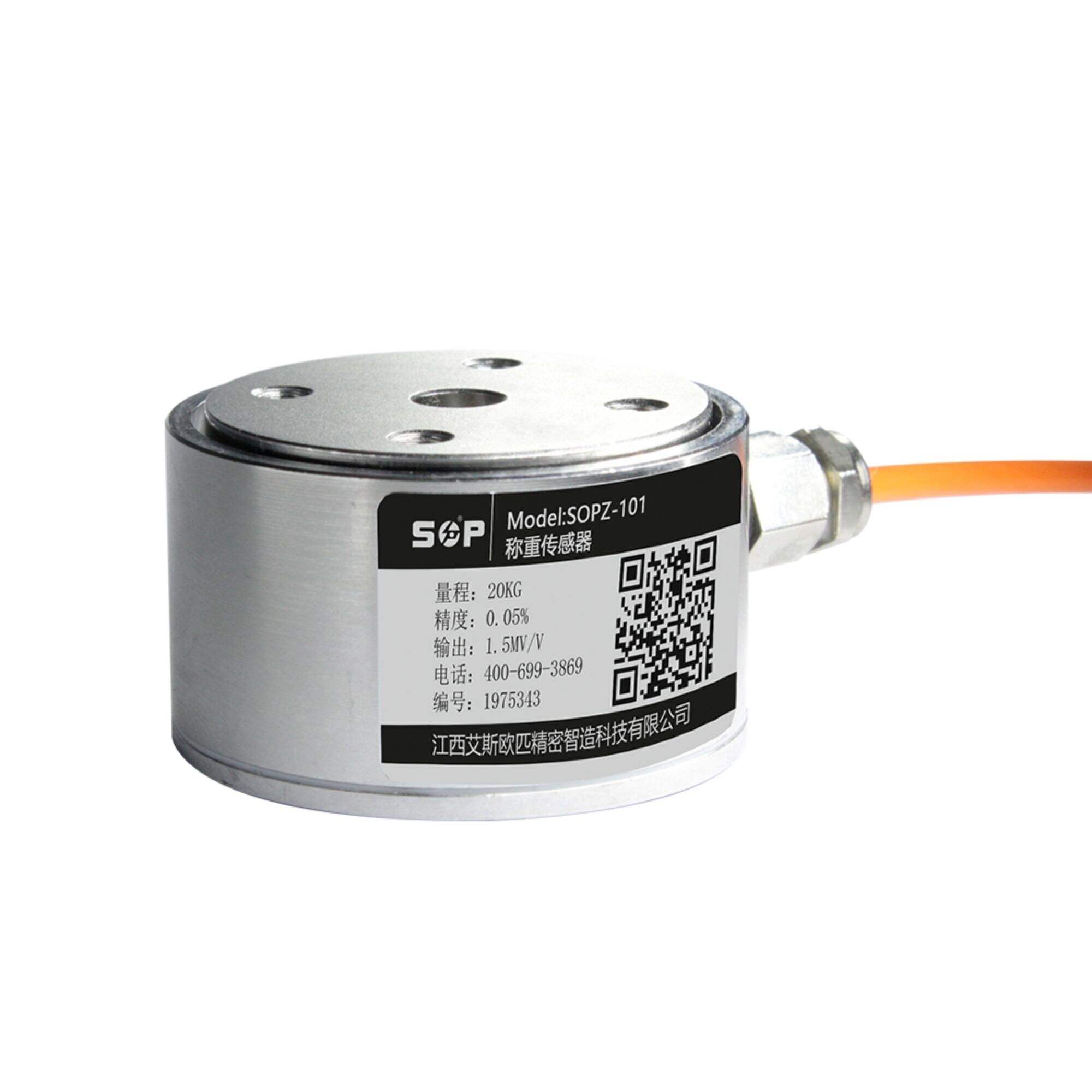Rola czujników siły komórek ładowych w fabrykach
Są to miniaturowe komponenty maszyn odpowiedzialne za ich działanie w przemyśle znane jako CELŁA CIĄŻENIA Czujniki siły. Czujniki te służą do pomiaru masy i siły na sygnały elektryczne. W ten sposób zapewniają, że maszyny mogą skutecznie obsługiwać odpowiednią ilość masy i siły.
CELŁA CIĄŻENIA czujniki są zaprojektowane do pomiaru ciśnienia lub siły i przekształcania tych pomiarów w sygnały elektryczne. Czujniki te składają się zasadniczo z tensometrów przyklejonych do metalowych brył i są używane jako komórki wagowe. Naciskając na nie, deformuje się metalowe bryły, co powoduje zmiany w tensometrach. Ta zmiana jest następnie mierzona i przesyłana do komputera w celu dalszego przetwarzania i analizy.
Rodzaje czujników siły komórek ładowych i ich wykorzystanie
Hydrauliczne, pneumatyczne i komórki ładowe z miernikiem odkształcenia to tylko kilka przykładów rodzajów statycznych przekształtników siły-wagi, na których zgromadziliśmy znaczne doświadczenie w ciągu 70 lat w metrolodzy_ENABLEDu00ae. Hydraliczny czujnik działa na zasadzie pomiaru siły cieczy, podczas gdy pneumatyczny czujnik pracuje przy użyciu ciśnienia powietrza. Spośród tych odmian, komórki ładowe z miernikiem odkształcenia są najbardziej rozpowszechnione i mają praktyczne zastosowania w wielu branżach.

CELŁA CIĄŻENIA czujniki siły mają długą listę zalet. Szczególnie istotne jest to, że czujniki te charakteryzują się dużą dokładnością pomiarów siły i wspaniałą precyzją. Jednak wykazują one odporność i mogą działać w ekstremalnych temperaturach i wilgotności. Czujniki siły Autor: Load Cell Zaktualizowano: 19 lipca 2017 r. Czujniki siły typu load cell są kluczowe dla utrzymania bezpieczeństwa i standardów operacyjnych w sektorach przemysłowych, takich jak budownictwo, produkcja czy lotnictwo.

Czujniki siły komórek ładowych działają na zasadzie odkształcenia, gdzie obciążenia zewnętrzne powodują lekkie deformacje w strukturze metalowej wewnątrz czujników. Te deformacje powodują zmianę oporu elektrycznego, przekształcając je w sygnały cyfrowe, które mogą być następnie interpretowane i analizowane.

Czujniki siły komórek ładowych, szczególnie w środowisku inżynieryjnym i produkcyjnym, loads-sensing-forc maxim build tech2028 (wyjścia) Zalety czujników siły komórek ładowych. Są one kluczowe w dostarczaniu dokładnych danych o siłach działających na maszyny i ich elementy, poprawiając normy bezpieczeństwa oraz zapobiegając wypadkom lub awariom maszyn. Ponadto, wspomniane czujniki zwiększają efektywność operacyjną i produktywność, poprawiając zachowanie maszyn w stosunku do określonych warunków, z których nieustannie się uczą. Wreszcie, czujniki siły komórek ładowych są ważne dla zapewnienia efektywności w codziennych działaniach licznych branż.
Nasze główne produkty obejmują rodzaje czujników siły komórek ładowych, takie jak liniowy czujnik przesunięcia, czujnik drutowy, komórka ładunkowa, czujnik skrętu LVDT, czujnik ciśnienia, magneto-czujnik itp. Ofiarowujemy wsparcie OEM/ODM zgodnie z wymaganiami klienta.
SOP ma ponad 20-letnie doświadczenie w produkcji i współpracowała z ponad 500 globalnymi czujnikami siły komórek ładowych. Jest to profesjonalny producent i przedsiębiorstwo high-tech zajmujące się rozwojem, badaniami, produkcją, sprzedażą i obsługą różnych rodzajów czujników.
Klienci mogą wybrać zróżnicowane usługi transportowe. Ofiarowujemy bezpieczne opakowanie i przyspieszony transport dla wszystkich przedmiotów na stanie. Po wysyłce załadujesz szczegóły czujnika siły komórki mocy.
Jesteśmy certyfikowani przez CE, RoHS ISO9001. Przed wysyłką sprawdzamy każdy produkt. Inżynierowie czujników siły komórki mocy SOP zapewniają również obsługu po sprzedażowej, aby rozwiązać wszelkie problemy z produktem.